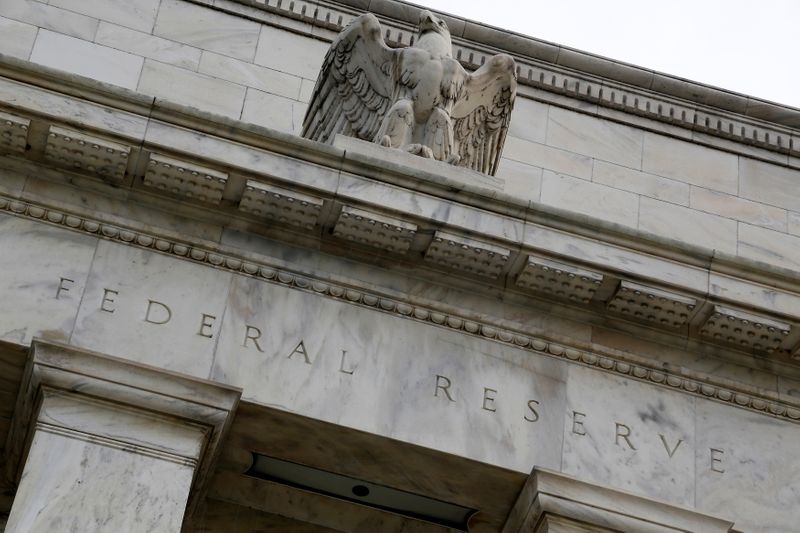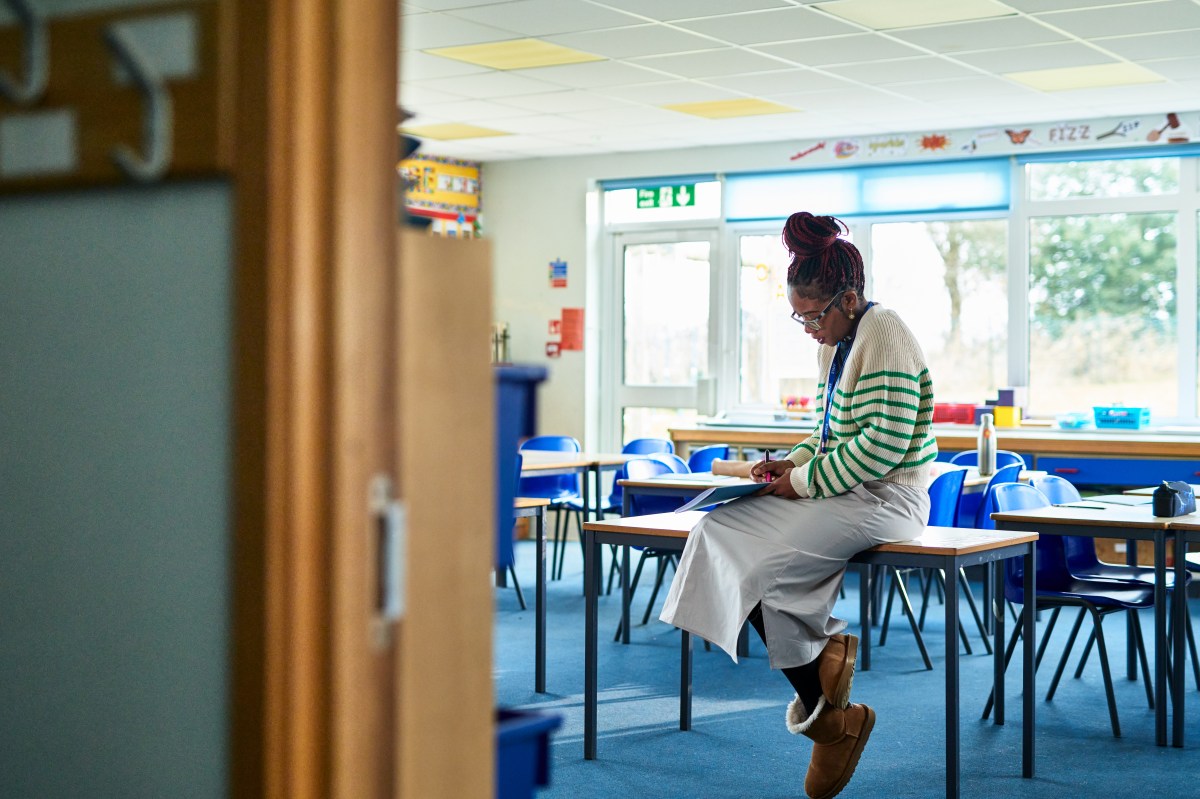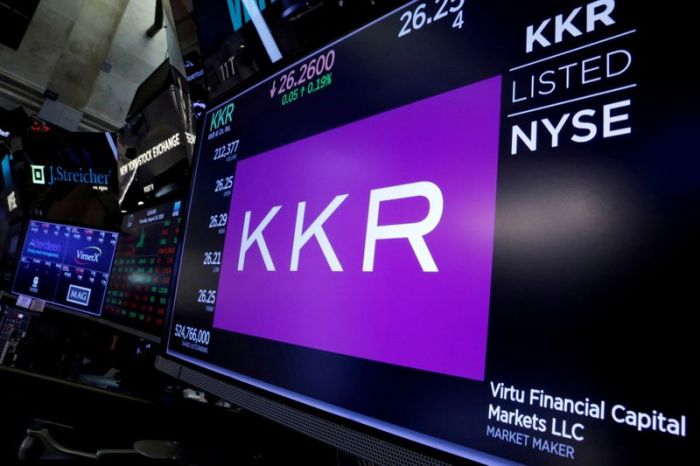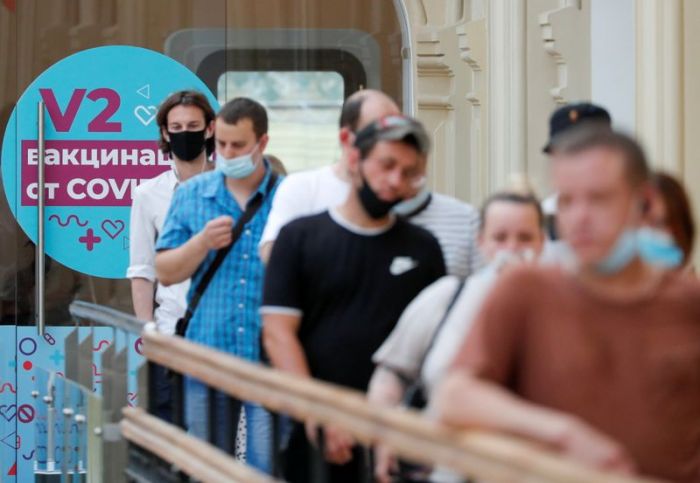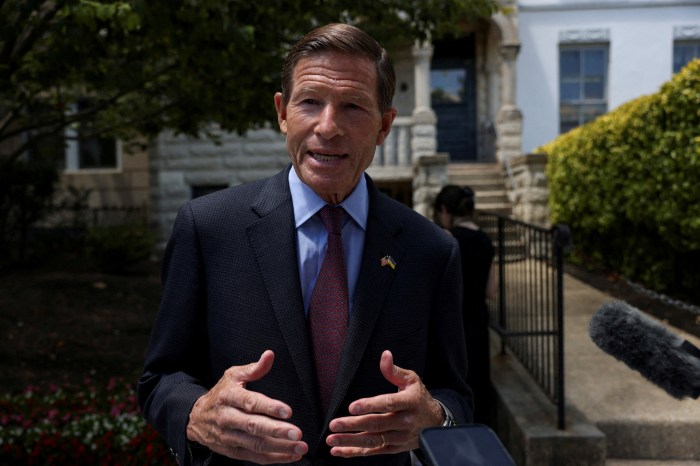(Amends first paragraph of Friday’s story to reflect present week, updates China entry with industrial profit)
1/ BACK TO WORK
Friday’s U.S. employment report will allow investors to gauge whether a powerful U.S. recovery could push the Federal Reserve to start unwinding ultra-easy monetary policies sooner than expected.
An unexpectedly hawkish Fed shifting its first post-pandemic rate hike into 2023 took markets by surprise, briefly denting stocks – before they returned to record highs thanks to soothing words from chief Jerome Powell.
Inflation alone won’t be enough to drive rate hikes, he reassured markets. Adding perky jobs data to the mix could change that picture, markets fear. Analysts expect the economy to add 600,000 jobs in June – the largest monthly gain in three months – up from a gain of 559,000 jobs in May.
U.S. payrolls watch https://fingfx.thomsonreuters.com/gfx/mkt/yxmvjzgenvr/Pasted%20image%201624479252411.png
2/THE GREAT DEBATE
Major central banks claim to be looking past short-term inflation rises but a pick up in price pressures is testing their resolve. The U.S. Fed has shifted to a hawkish bias. Now it’s the European Central Bank’s turn with Wednesday’s June flash inflation release.
Euro zone inflation zipped above its near-2% target in May and ECB chief economist Philip Lane is confident there is no new paradigm — wage growth after all remains weak.
Hold on, say others, noting manufacturing input prices rose to the highest in nearly 2-1/2 decades in June, meaning it’s beginning to feel like the 1970s, when the inflation beast last stirred. The great debate continues.
Inflation – the road back to the 1970s? https://fingfx.thomsonreuters.com/gfx/mkt/jznpnydrnvl/inflation2406.PNG
3/ HALF-TIME SCORES
Investors might be sad to see H1 end after what has been a very happy six months for many major asset classes.
Oil’s 45% leap is its best first half in 12 years, world stocks are on course for their second best H1 of the century so far and though the FAANGs have been subdued by their stellar standards, industrial metals are red hot and staples like corn and soybeans are up nearly 40%.
The second half looks harder to call. More virulent COVID strains keep pandemic experts nervy, China’s powerhouse economy looks to be slowing, the commodity and food price surge drives up inflation. That makes it harder for major economies to justify more stimulus, while a number of emerging markets are hiking rates as a precaution.
How global markets have done so far this year https://fingfx.thomsonreuters.com/gfx/mkt/bdwpkordopm/Pasted%20image%201624546918595.png
4/ FLYING IPOS HIT TURBULENCE
IPO markets never had it so good – or have they? Record issuance from the United States, Europe and Asia would suggest the money central banks pour into economies is put to good use supporting entrants to world stock markets.
But cracks are appearing. Some mid-cap deals pulled stock market debuts recently: Marex Spectron in London, PHE Holdings in Paris and Primafrio in Madrid. Bankers blame investor “indigestion” – a buyside becoming picky with so many deals already priced.
But Nordgold aborting its debut might be the first casualty of expected central bank tightening as the hawkish Fed pushed gold 6% lower. With Wise embarking on its road show and a huge pipeline of IPO candidates lining up for September, the question is if there will be more.
Cracks appear after record year for IPOs https://graphics.reuters.com/GLOBAL-MARKETS/yzdvxlooxvx/chart.png
5/ SOFTLY, SOFTLY, CHINA BULLS
The chorus of China bulls has quietened down a bit if the thicket of outlook slideshows so far is any guide.
Investment houses are coalescing around a full-year forecast for 8-point-something percent growth. That is huge, but for a few it represents a downward revision for the second half made in response to disappointing data and some gathering headwinds.
Tightening credit conditions and stubbornly sluggish retail sales are a handbrake on domestic consumption. Demand for exported goods is also flagging as the world reopens.
Data out on Sunday showed profit growth at China’s industrial firms slowed again in May as surging raw material prices squeezed margins and weighed on factory activity.
Meanwhile, investors keep one eye on the yuan, which looks set to have one of its worst months since mid-2019, recoiling from a long rally that took it to a three-year high. Catching up to China https://fingfx.thomsonreuters.com/gfx/mkt/qmyvmdmekpr/Pasted%20image%201624523700868.png
(Reporting by Tom Westbrook in Singapore, Dhara Ranasinghe, Abhinav Ramnarayan and Marc Jones in London, Saqib Ahmed in New York, compiled by Karin Strohecker; Editing by Toby Chopra)

